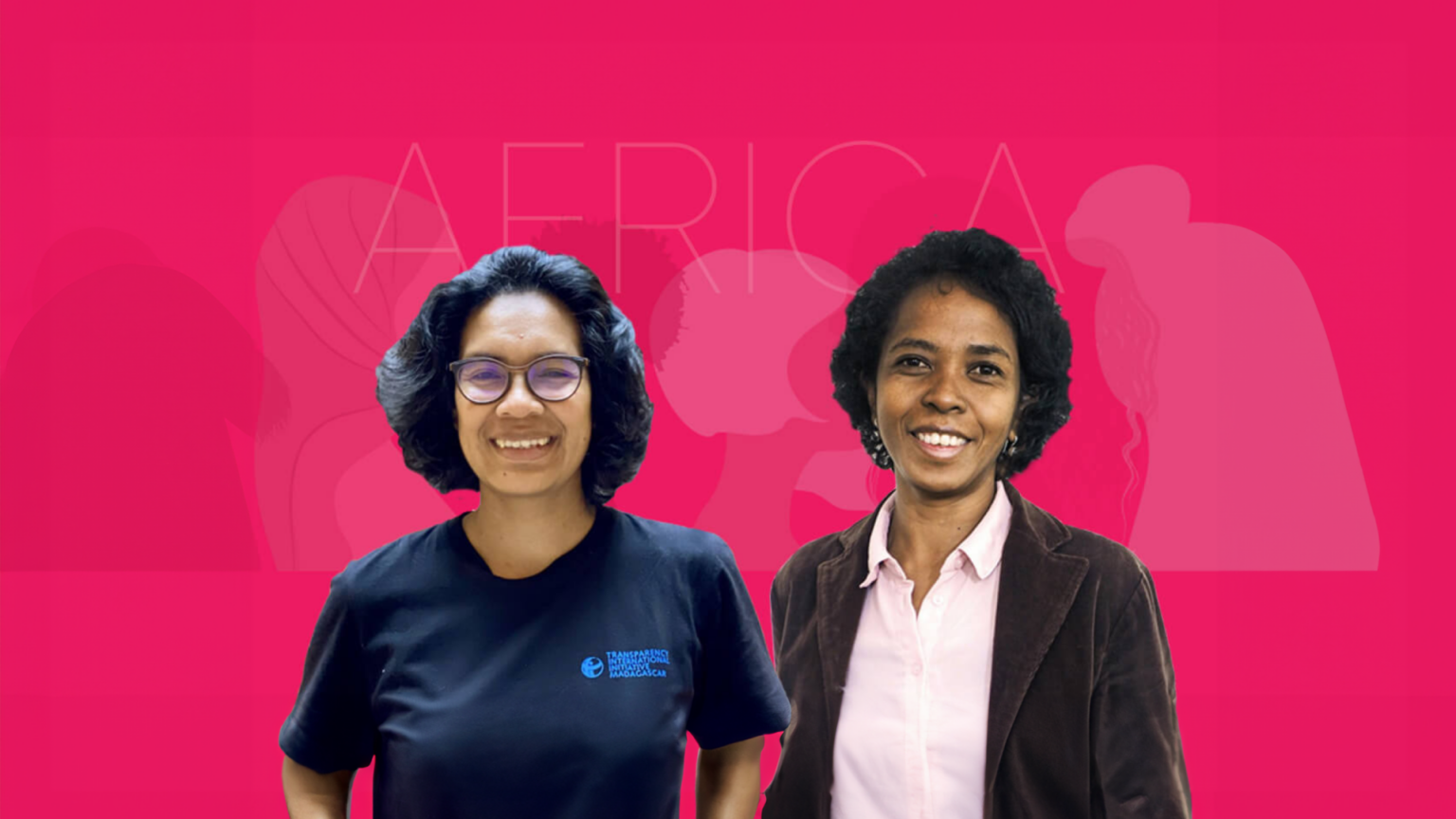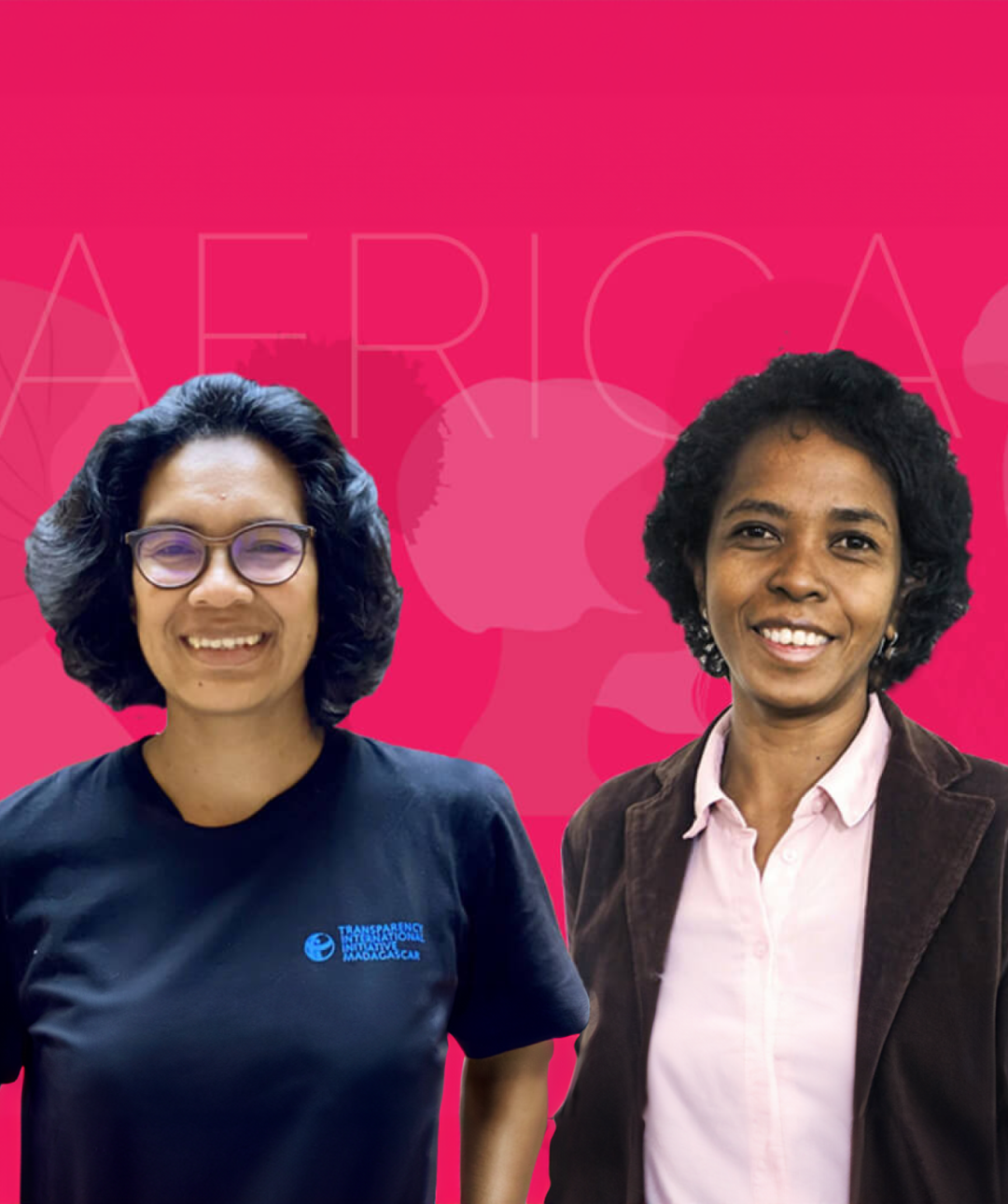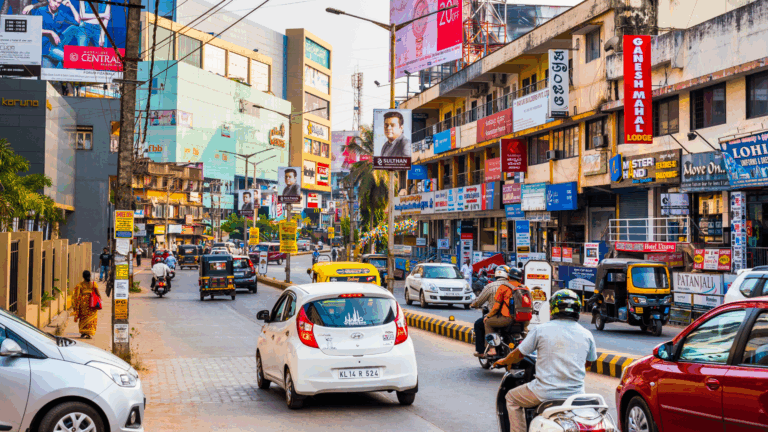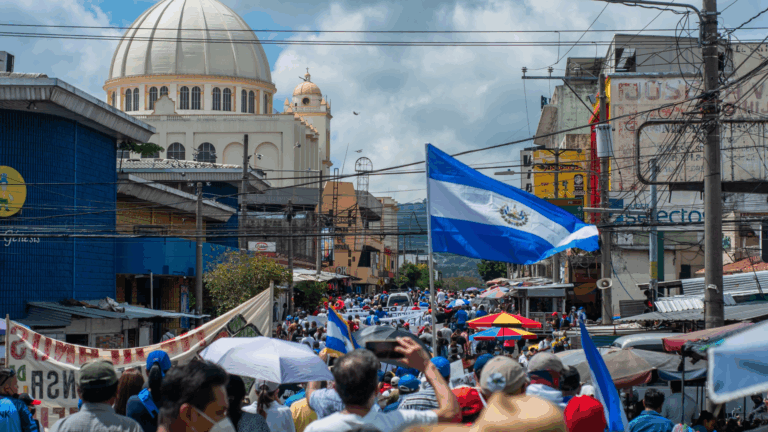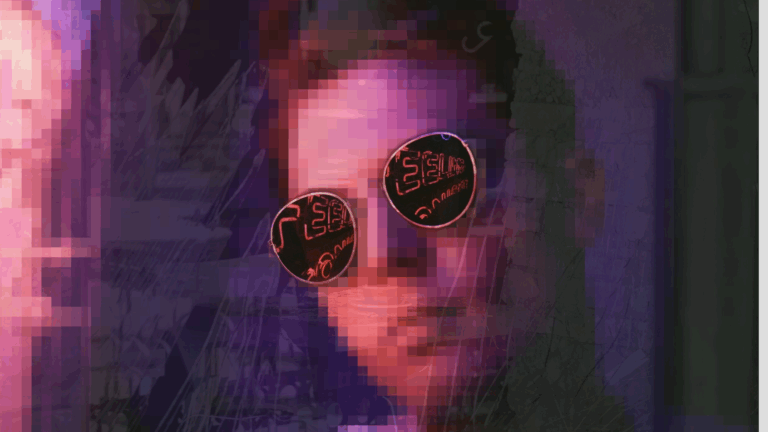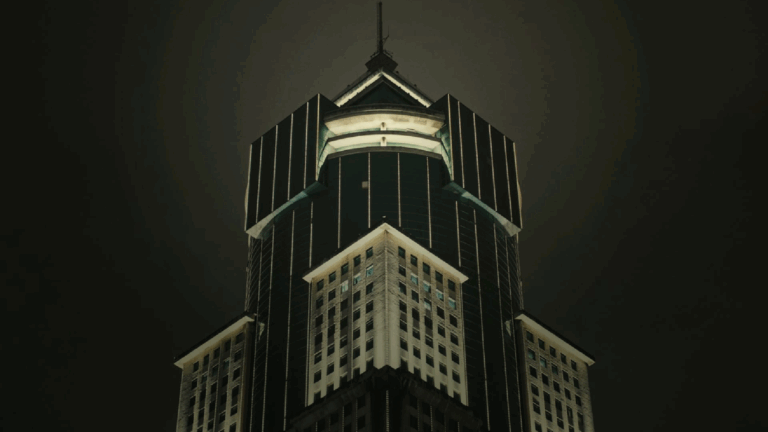By Natacha Tsivery, Political Regime and Free Speech Research Fellow and Mohamed Keita, Senior Policy Officer
Democracy is facing a myriad of challenges across the African continent, from Nigeria’s flawed presidential election to military coups in the Sahel, from deadly crackdowns on pro-democracy movements in countries like Eswatini, Chad, and Rwanda to Russia’s efforts in the region to fan public cynicism about liberal values. African women, who account for 50% of the continent’s population, have been at the forefront of movements for basic rights for at least a century. Today, women in Madagascar are following their trail.
Female figures, like Gisèle Rabesahala or Mireille Rabenoro are often cited for their contributions to human rights in the country. During Madagascar’s struggle for freedom from French colonial rule, Rabesahala co-founded a solidarity committee to support victims of the French empire’s bloody repression of the pro-independence movement and she wrote articles calling for the release of political prisoners. Rabenoro founded the Nifin’Akanga movement to defend women’s rights and campaign for the decriminalization of abortion on the island. But Lalaina Randriarimanana and Ketakandriana Rafitoson are two women leading the present struggle. They, and 30 other youth leaders, co-founded Liberty 32, a nonpartisan association promoting democracy, good governance, and political participation.
The organization was founded in 2010, one year into Madagascar’s political crisis. In 2009, opposition protests against the democratically elected President Marc Ravalomanana broke out, culminating in a military coup which brought opposition leader, Andry Rajoelina, to power. The crisis plunged the island into a four-year period of political instability.
In this context, Liberty 32 sought to educate and give a voice to women and youth who remain politically marginalized. In 2020, women represented 49,9% of Madagascar’s population, and young people under 24 amounted to 65% of the population.
Liberty 32 oversees the Women and Youth’s League for Democracy program, which organizes small workshops in rural villages and towns to educate women on government and political rights and supports those who run for office. In 2013 and 2015, WYLD mobilized 200 women to monitor elections in different parts of Madagascar. Such initiatives are key in a country where women are poorly represented in government institutions: In 2022, 11 of the 32 ministers were women, and only 24 out of 151 members of parliament.
In 2013, after coup leader Rajoelina announced his candidacy for the post-crisis presidential election, Randriarimanana co-founded Wake Up Madagascar, a movement encouraging youth via social media to be involved in the protection of their civic rights and democracy. While nearly 38,500 people followed their now-defunct Facebook page, the movement barely mobilized people in the streets.
Protests have also been rare in Madagascar since the 2009 uprising, as opposition rallies are often met with a heavy military and police presence.
“We have sometimes applied for permits to demonstrate, but the local government does not give authorization,” Randriarimanana said. “It becomes very difficult to mobilize people to join direct actions.”
In recent years, activists and human rights defenders like Jeannot Randriamanana, Ravo Ramasomanana, Raleva, and Clovis Razafimalala have faced arrests and jail time for uncovering serious public corruption and human rights violations implicating regime officials.
“Malagasy people no longer trust the government due to the lack of transparency and continuing repression,” Randriarimanana said.
Ketakandriana Rafitoson, Liberty 32 co-founder and prominent anti-corruption activist who leads the local chapter of Transparency International, has also been targeted. In 2018, she received death threats and online harassment after denouncing the huge and opaque campaign funds for 2018 presidential candidates during a television interview.
The intimidation hasn’t stopped.
“I am continually the target of threats of all kinds,” Rafitoson said. Since calling for investigations into suspected corruption in the lucrative lychee trade in November, the police have summoned her numerous times, and she continues to endure a smear campaign in the press and on social media.
“This case is not yet closed and affects our entire team as we live in an atmosphere of constant terror, reflecting the plight of whistleblowers in general (especially anti-corruption whistleblowers) in the country,” she told HRF. “We have been campaigning for four years for the adoption of a law to protect human rights defenders — including whistleblowers — but the game is far from being won.”
Randriarimanana and Rafitoson’s activism is spawning a new generation of activists following in their footsteps. For example, in 2021, 35 students who met in a Transparency International workshop launched Youth and Citizens for Integrity, a civic group dedicated to campaigning for good governance and government accountability. In July 2022, the group staged its first street protest against corruption.
Although these movements are relatively small and constrained by a repressive environment, they illustrate women’s leadership and bravery in the struggle for democracy and good governance across the continent.


